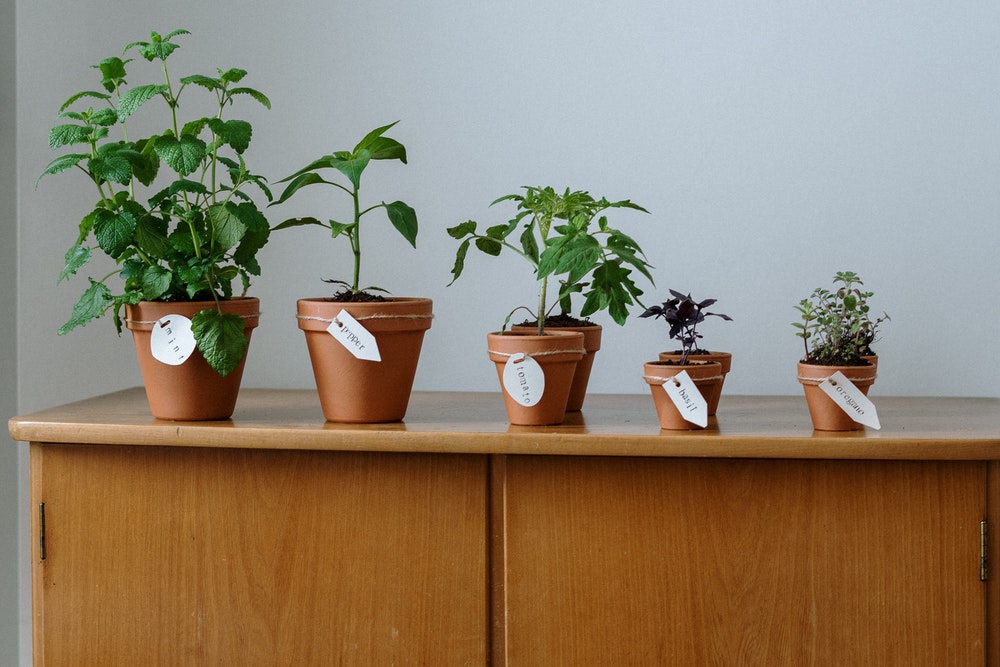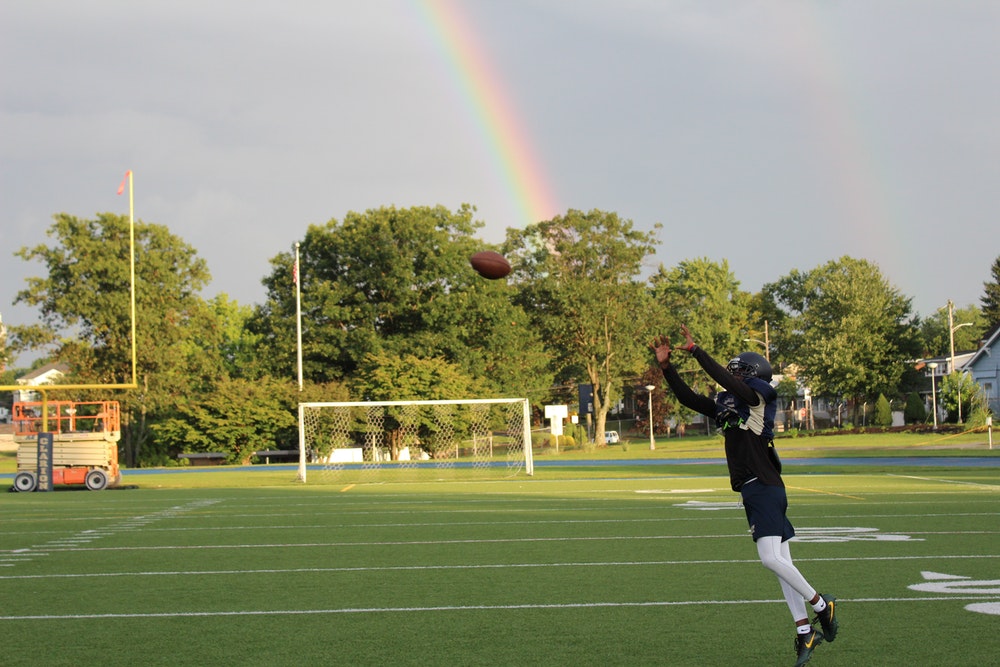My eleven-year-old nephew gave me a plant for Mother’s Day because, well, he’s my kid and kids get people plants and such. You aunts out there know how that goes. Anyhoo, I’m not a plant person. I appreciate the benefits and their contributions to the air and all that, but I have never been good at taking care of them. I do follow all the directions, it just never seems to work out between us.
This time, though, I have been determined to take care of this plant. I’ve made it a point to talk to her (that’s what plant people do), water her (but not too much), and keep her out of direct sunlight (per the tag’s instructions). I even gave my plant a name, Reba, because that’s what all of my plant-parent friends have done.
You know what? It has worked! I mean the determination part, not necessarily the naming part. Reba is “since Mother’s Day” old and she is yet flourishing. It’s even time to re-pot her and I am pretty stoked about it.
How Are We Caring for Our God-Given Gifts?
 So, what was the difference this time? Well, for one, I was determined not to kill my plant, my gift. She was a gift and I had to learn how to take care of her.
So, what was the difference this time? Well, for one, I was determined not to kill my plant, my gift. She was a gift and I had to learn how to take care of her.
This was very key; I took the time to learn how to take care of my plant. I did some reading and paid extra attention to how the sunlight enters my bedroom window so I would know where to place her. And, I even check the soil regularly to be sure she doesn’t need watering. I also had to stop saying “I’m not a plant person”. That helped because words are powerful. Yep, our Playbook says so in Proverbs 18:21. “Death and life are in the power of the tongue: and they that love it shall eat the fruit thereof.”
God’s Gifts Deserve Our Attention
How many times has God entrusted you with a gift that you, initially, knew nothing about? How did you handle it? Sure, He equips us to care for and cultivate what He gives us, but we must be determined not to “kill” our gifts.
So often, it is easy to mishandle God’s gifts by just writing ourselves off as incapable because of our pasts, or even because we realize we don’t actually have a knack for what is in front of us.
The thing about gifts is that, in many cases, we do not ask for them. Yes, we put requests out there, but sometimes people give you what they want you to have. And, the thing about gifts from God is that He does not check our “wishlist”; His gifts don’t come with a gift receipt. This can be tough because chances are you won’t get what you want and you probably won’t know how to care for it at first.
So, What’s the Play Call?
Here are a few things to remember to help you keep your gift alive:
- Learn where your gift grows best. Reba will not grow in direct sunlight; it’s too much for her. Some of us want to grow our gifts in an atmosphere that is not conducive to their livelihood. Don’t do that, you’ll only kill it. “But grow in grace, and in the knowledge of our Lord and Savior Jesus Christ. To him be glory both now and forever. Amen.” 2 Peter 3:18
- Be determined. That is the difference between my growing Reba now and trying to care for plants in the past. This time, I am determined to keep her alive. You, too, must put in the work and let your determination take over. “Commit thy works unto the Lord, and thy thoughts shall be established.” Proverbs 16:3
- Be patient. Be patient with yourself and that growing gift. It took weeks before I noticed any new leaves and opening flower buds. Just as with my spiritual gifts, I learned that it takes time for them to develop. “But let patience have her perfect work, that ye may be perfect and entire, wanting nothing.” James 1:4
- Remember, it is a gift. Sometimes we forget that our gifts are, well, gifts. We did not earn the right to them, we aren’t that good. Nope, God just thought enough of us to share. “Not of works, lest any man should boast.” Ephesians 2:9
- Let the Gift Giver show you how. I mean, what more effective way to learn about our gifts than to ask the One who gave them to us to begin with? Just as I had to consult the instruction card to learn about Reba, we must consult God about how to properly care for our gifts. “If any of you lack wisdom, let him ask of God, that giveth to all men liberally, and upbraideth not; and it shall be given.” James 1:5
Be determined to keep your gift alive. That is what it’s going to take. And never let your past failures keep you from growing in grace.





hi! Praise GOD for nourishing the plant with you! may I know what kind of plant is reba?
Good piece. It made my day and answered my unanswered questions about the gifts of God
You’re such an elegant and brilliant daughter of Christ, Alecia. God bless you